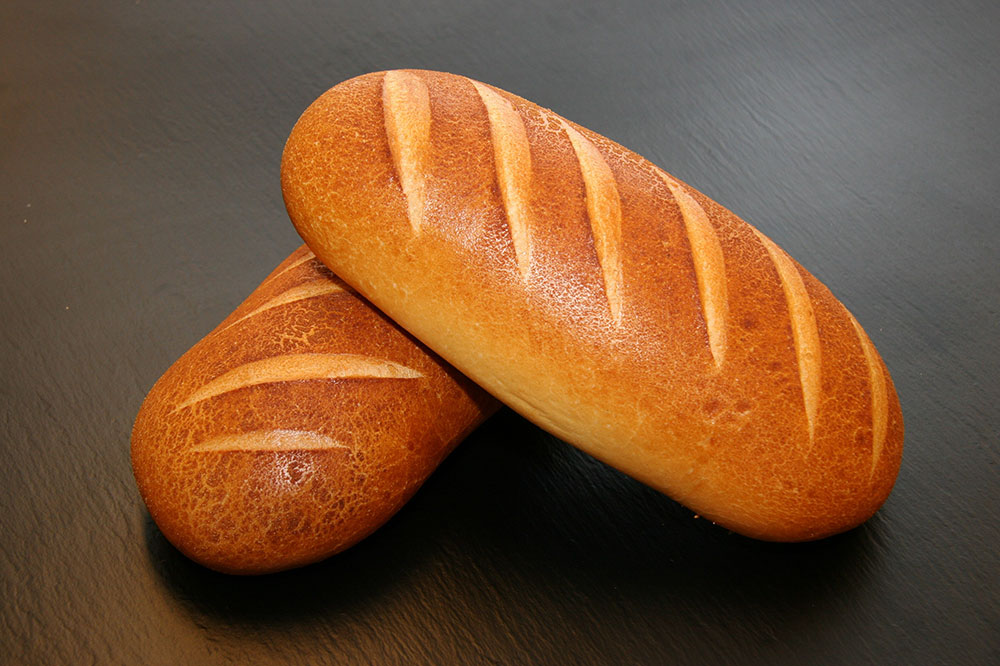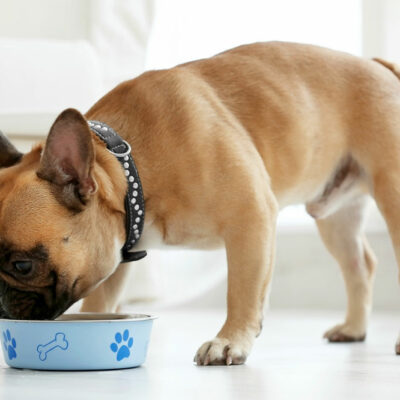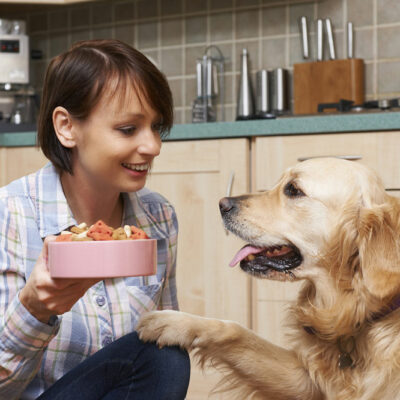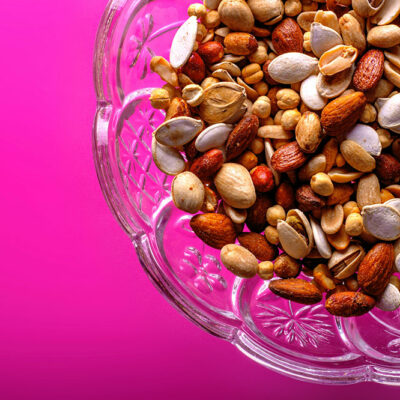
5 Common Foods that Trigger Symptoms of IBS
Frequent abdominal pain accompanied by gas and bloating can make daily life an upheaval task for many. Irritable bowel syndrome is a disturbing GI condition that includes frequent bouts of diarrhea and constipation, accompanied by the typical symptoms mentioned above.
When you live with IBS, the last thing you want to do is eat foods that trigger the condition and make the symptoms worse. It’s important to know what foods to eat and avoid to ease the symptoms of IBS.
While different people with IBS respond differently to certain foods, some common foods are better avoided to see improvements:
- Gluten
These are a group of proteins present in grains like wheat, rye, and barley. Many people with IBS have an allergic reaction to gluten, which is commonly known as celiac disease. Others have a general intolerance to gluten. Celiac disease is an autoimmune disorder that affects the intestinal cells that leads to low absorption of nutrients. This can make IBS conditions worse, and it’s always better to switch to a gluten-free diet. Try whole oats, buckwheat, quinoa, almond flour, and coconut flour in your diet. - Dairy products
Dairy food items are the primary triggers for people living with IBS. Firstly, dairy products are very high in fats that can worsen diarrhea. They also cause excessive gas buildup and bloating with abdominal cramps in those suffering from constipation. Most people with IBS suffer from lactose intolerance, and dairy is one thing to be avoided or reduced significantly. Choose alternative options like plant milk and soy-based cheese. If you need calcium, you can consume foods like greens, beans, seeds and nuts, and sardines. - Foods high in fructose
Processed foods like soft drinks are high in fructose that are the top triggers of IBS. They also cause other allergies and interfere with the immune system. However, even healthy foods like apples and pears are also high in naturally-occurring sugar fructose that can trigger IBS symptoms. Switch to fruits like berries, citrus, and bananas that don’t contain fructose. - Greasy foods
Foods that are rich in fat content increase intestinal contractions due to your body’s common gastrocolic reflex. Greasy foods are very high in fats that can cause your sensitive digestive system to respond negatively. Avoid fatty meats and fried foods like pizza, sausage, fried chicken or fish, heavy or thick gravy, French fries, and steaks and burgers made with red meat. - High FODMAP fruits and vegetables
Fruits and vegetables under the wide FODMAP variety are heavily loaded with carbohydrates and fructose. These compounds are too heavy on your stomach and can trigger the symptoms of IBS. These foods are very high in fermentation and osmotic effects, making it extremely difficult for people with IBS to absorb and digest. These include apples, apricots, blackberries, cherries, grapefruit, mango, pears, nectarines, asparagus, avocado, beets, Brussels sprouts, cauliflower, celery, garlic, leeks, mushrooms, and alcohol.


